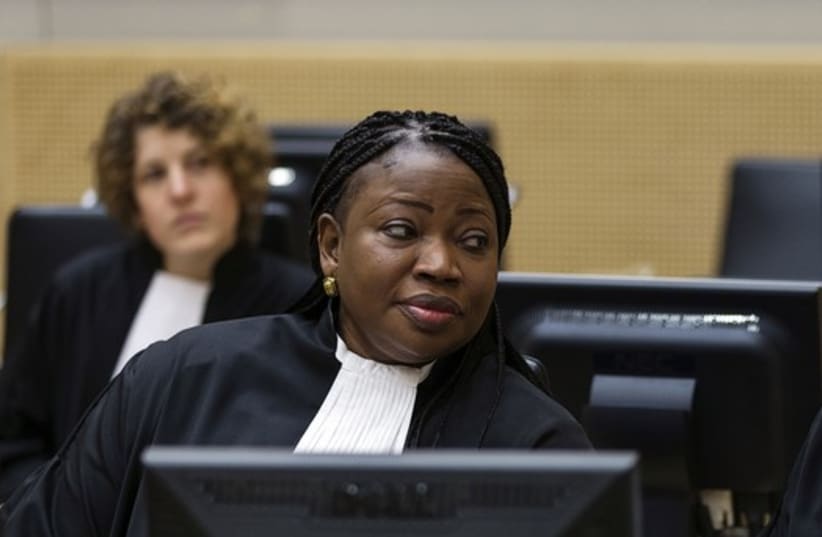Two impending ICC decisions that could shape Israel’s future - analysis
If the ICC Prosecutor’s decision about the Mavi Marmara is dangerous because the ICC pretrial chamber has already showed its cards, these decisions are far bigger in their implications.
